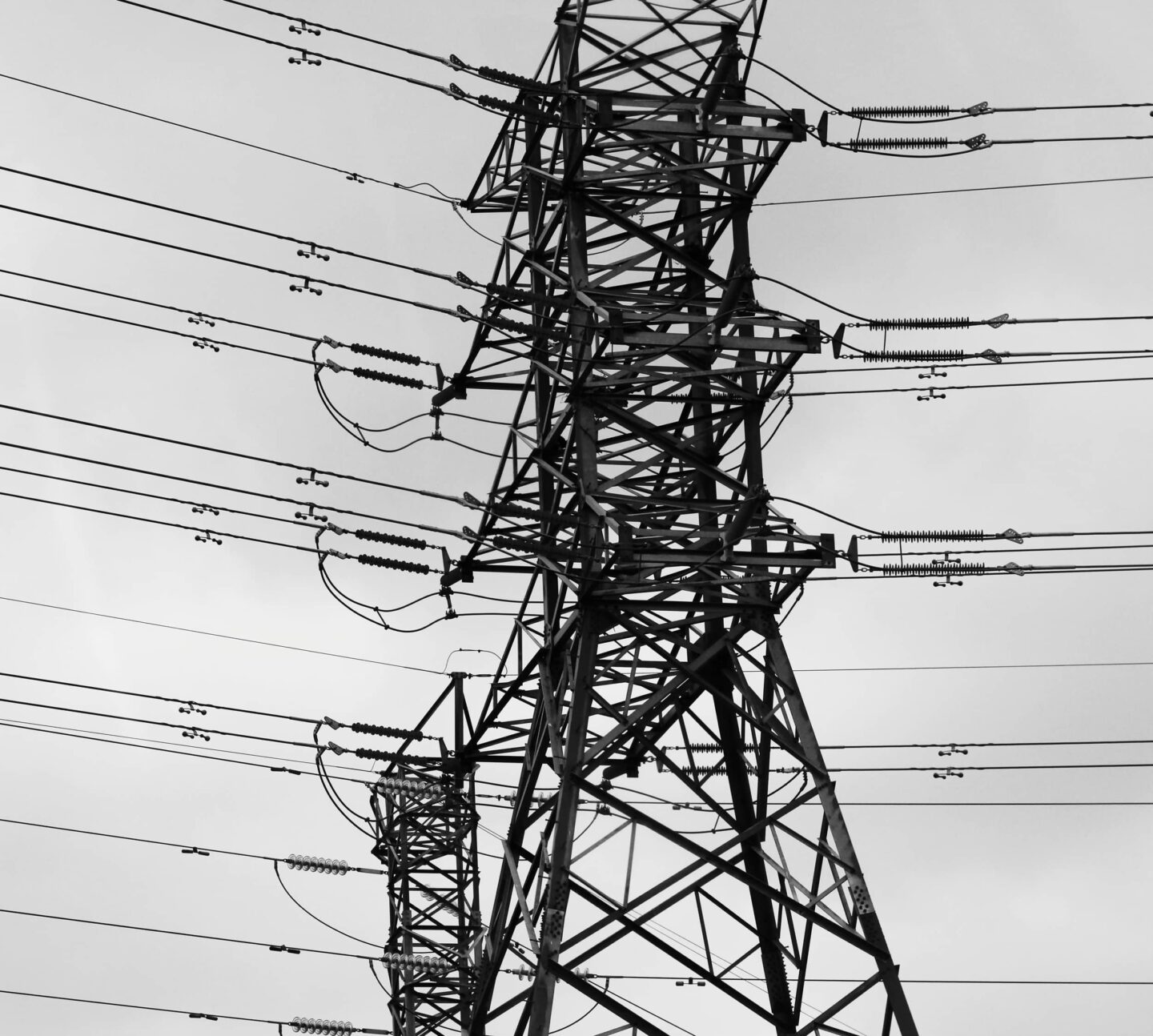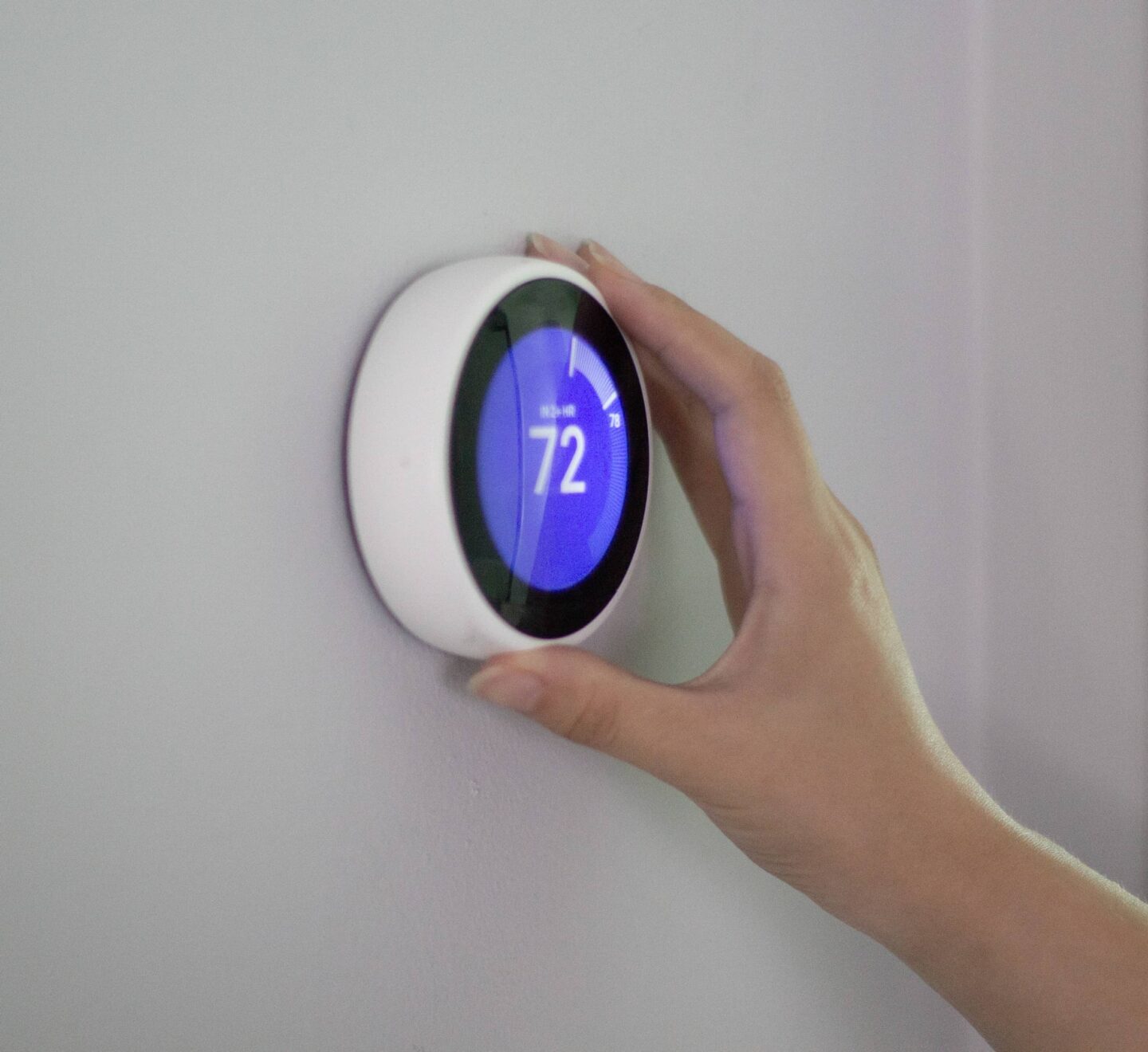- The only heating and cooling technology that reduces power prices at 100% deployment
- $50 million in grid savings from homeowners with installed Dandelion systems to date
- Over $25 billion in potential grid savings if adopted in 1M homes

Geothermal reduces both direct CO2 emissions and emissions from electricity.
Electrifying heating with geothermal eliminates a home’s direct heating emissions because fossil fuels are no longer combusted for heating. What is less widely appreciated is that electrifying heating with geothermal can also play a key role in reducing emissions from the electricity used to power homes because geothermal dramatically lowers peak demand events, which tend to generate an outsized share of carbon emissions.

All emission estimates from the Inventory of U.S. Greenhouse Gas Emissions and Sinks: 1990-2021.
- Fewer peaks. Geothermal reduces summer peak demand by 3-4 kW compared to traditional air conditioning and winter peak demand by 3-6 kW compared to a cold climate air source heat pump.
- Less pollution. By reducing peak demand events, geothermal significantly reduces the need for peaker plants, which are disproportionately expensive and polluting.
- Less congestion. Decreasing peak demand events decreases congestion on both high-voltage, interstate transmission lines as well as local, low-voltage distribution lines, putting less strain on the grid.

What stakeholders are saying about geothermal's impact
"Geothermal heat pumps are a part of the solution to ensure every building is healthy, affordable, and decarbonized."

Mike Henchen
Principal, Carbon-Free Buildings, RMI
“Geothermal heat pumps are at the heart of the Thermal Energy Networks that gas utilities are pursuing on their Gas to Geo path to a clean energy future."

Zeyneb Magavi
Executive Director, HEET
“Geothermal energy will play an important role in reducing pollution from buildings...while also supporting good-paying jobs for Colorado’s energy workforce.”

Will Toor
CEO Executive Director
"Geothermal heat pumps are a grid-friendly technology, which is critical as we transition from fossil fuels to a fully electrified future.”

David Orellano
Section Manager, Geothermal Programs, Con Edison
Wide deployment of geothermal costs less than creating additional electric generation and transmission capacity.*
- $1 trillion electricity grid services savings
- $19 billion/yr consumer heating bill savings
- 11%-13% less electricity generation needed
- 33%-38% less electricity transmission expansion needed
- Less infrastructure investment; could reduce cost of power for all
- * From a 2023 DOE study

Switching to geothermal reduces home emissions by up to 75%.
| Reduction in CO2 | |
|---|---|
| Switching from Fuel Oil | 75% reduction |
| Switching from Propane | 70% reduction |
| Switching from Natural Gas | 65% reduction |
| Switching from an Air Source Heat Pump | 50% reduction |
Based on a 2,500 square foot home in Westchester, NY
Geothermal is the most effective and efficient heating and cooling technology.
- 400% to 500% more efficient than fossil-based heating systems
- 200% more efficient than the best air source heat pumps
- Uses 25-30% as much electricity as air source heat pumps on the coldest days
- No need for fossil fuel back-up even in the coldest climates

